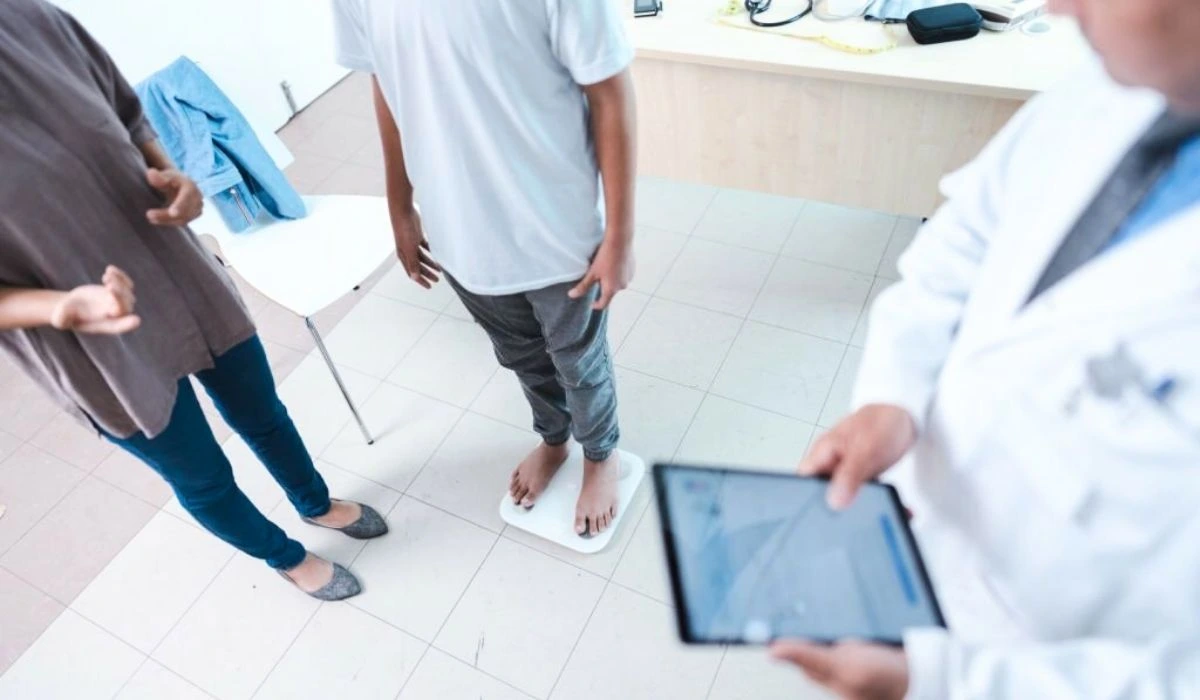Gallbladder removal, or cholecystectomy, is a surgery for removing gallstones that creates a huge deal of discomfort for the person affected, along with several other complications. Despite the right action for comfort, these surgeries are also a huge reason behind the weight loss of several people. Let’s discuss this further in the following article.
What Is The Role Of The Gallbladder And Gallstones?
The gallbladder is a small, pear-shaped organ that stores a digestive fluid named bile, which is produced by the liver. Bile is substantial as it digests fats by breaking them, helping the intestines absorb them quickly for a proper digestion and excretion process.

Gallstones are rock-like particles that form in the gallbladder. The size of it ranges from a drop to a ping-pong ball. These are formed and later block the flow and irritate the gallbladder, causing huge discomfort, pain, and inflammation.
Also Check: Home Remedies For Bad Smelling Gas: Find The DIY Solutions
What Could Be The Solution?
After the symptoms and complications, such as inflammation or infection of the gallbladder, the solution to this issue is to surgically remove it. It’s safe and could be performed using minimal and less intense techniques.
Once it is removed, the body is not expected to stop producing bile, but it lacks something to be stored and gets piled up, hence it flows smoothly through the intestines and runs the obligated functions properly.
Causes Behind The Weight Loss After Gallbladder Removal
A common side effect encountered after this gallbladder removal process is a significant amount of weight loss. No need to be confused, as this isn’t completely due to the removal process but indirectly due to several factors, including:
- Dietary Changes: Post-surgery, people often experience digestive changes, including increased sensitivity to foods containing fats. This results in a personalized diet tailored for you with fewer fatty foods, fewer calories, and weight loss.
- Symptom Relief: After dates or weeks of discomfort and feeling better after the removal, it is prone to cause symptom relief, causing better eating habits and contributing to weight loss.
- Temporary Gastrointestinal Distress: For a short span of days or months, it is expected to undergo gastrointestinal distress like diarrhea or loose stools due to the body adjusting to changes in the bile flow. The nutrients get absorbed into the process, eventually leading to weight loss.
Understand that not everyone faces weight loss, as each individual is unique and their bodies are different. The weight loss post-surgery varies from person to person, and some people also tend to gain weight during this period.
Managing Digestive Changes
The below-mentioned are a few tips that might come off as useful if you have digestive changes or a different diet plan prescribed by a health expert. These methods include:
- Gradual Dietary Adjustments: It is recommended to change the diet plan or adjustments slowly and not with a sudden new meal or plan to see how the body reacts. Avoid foods low in fat, and this will help us understand what foods are favorable for our bodies.
- Balanced Diet: Preferring a balanced diet with nutrient-packed foods and drinks is a green flag. Consult a dietitian to claim a personal
- Monitor Symptoms: To adjust your diet and spot what’s good or bad, monitoring symptoms or changes is a great lifeline. Make sure to get updates from healthcare professionals and do regular checkups.
- Stay Hydrated: Carry a bottle of water around and drink sufficient water; it helps in proper digestion and manages gastrointestinal problems.
- Smaller, More Frequent Meals: Avoid large meals and stick to smaller, more regular meals to aid proper digestion.
Benefits Beyond Weight
Beyond the weight cut, there are several benefits, which include symptom relief, improved quality of life due to a lack of gallstone issues, and protection from complications like gallbladder infections or pancreatitis. In some cases, people aiming to lose weight could see this as a win-win scenario.
To sum up, gallbladder removal is a procedure to improve overall well-being by sorting out gallstone-related problems and the proper functioning of the digestive system. After the casual surgery of gallbladder removal, it’s anticipated that most people will face weight loss.
While the reason is not completely credited to the removal, other indirect factors include diet, hydration, and symptom relief. Do visit the experts for concerns or guidance and understand it is a normal problem. Take positive actions to stay on the safe side.
Read More: Risk Factors Of Frequent Urination: Most Common Reasons Explained